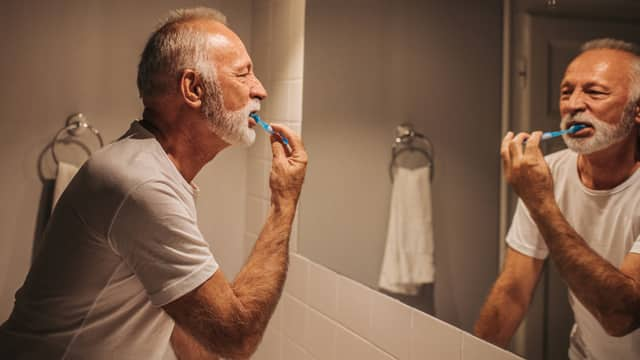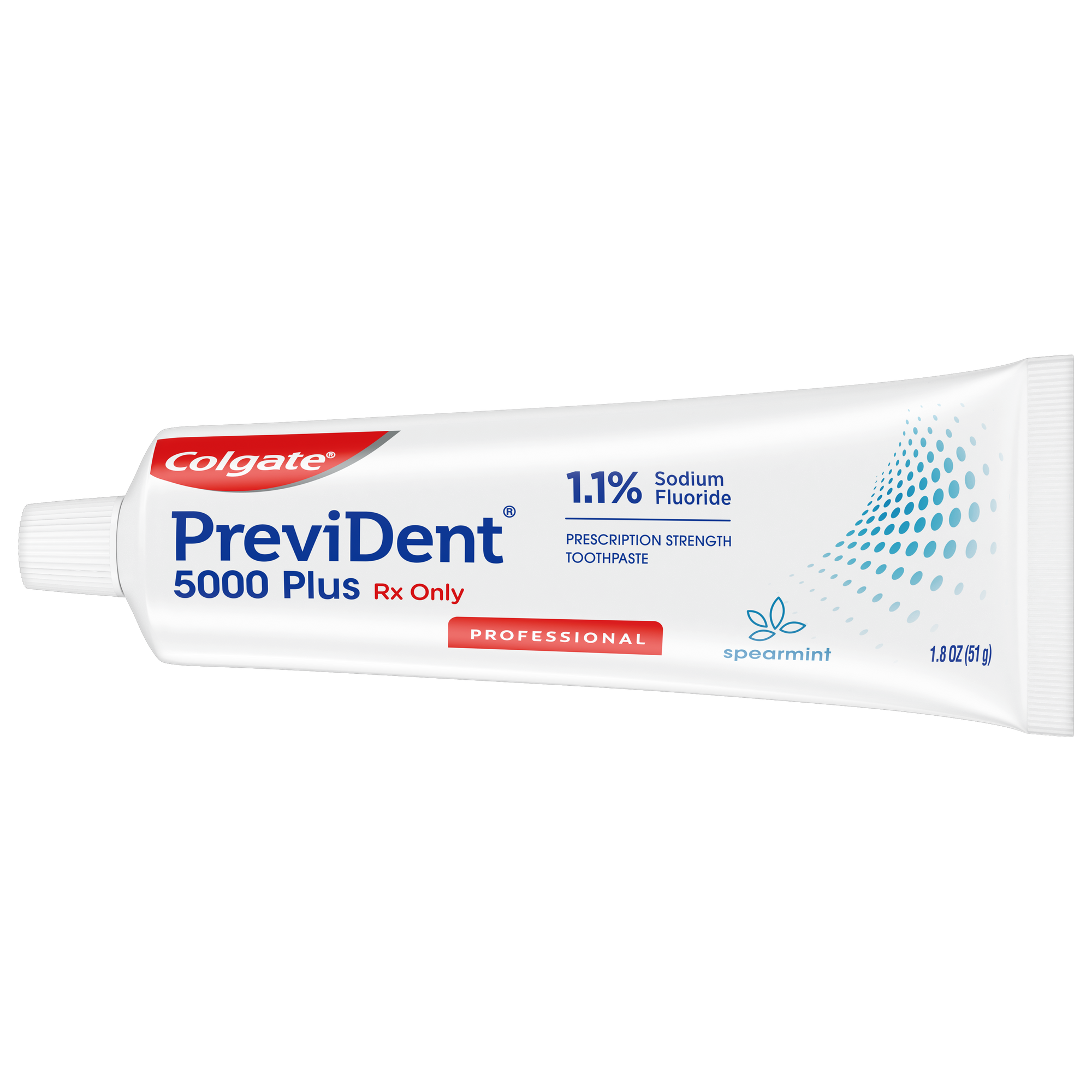What is Oral Mucositis?
Oral Mucositis is a red, painful ulcer on the tongue, gums, cheeks (inside the mouth), or the mouth's roof/floor. It can extend from the oral cavity through the gastrointestinal tract and the organ system, including the esophagus and stomach.
Some of the symptoms of oral mucositis include:
- Mouth pain, sores, and inflammation
- Infection
- Bleeding
What Causes Oral Mucositis?
The main risks for developing oral mucositis are high dose chemotherapy and localized high dose radiation therapy to the head and neck region.
Cancer treatments target cancer cells, but they also affect normal healthy cells, like the oral mucosal lining of the mouth. Because of this, minor irritation of the mouth from speaking, chewing, and swallowing, can breakdown the mucosa, resulting in painful ulcerations.
Once chemotherapy or radiation treatments begin, oral mucositis may develop within a few days. They usually hit a peak at around two weeks. After the treatment ends, oral mucositis often resolves on its own.
Basic Oral Care to Prevent Oral Mucositis
According to The Multinational Association of Supportive Care in Cancer and International Society for Oral Oncology (MASCC/ISOO), Basic Oral Care (BOC) is essential in preventing infections and providing comfort when undergoing cancer treatment. According to the MASCC/ISOO, there are limited high-quality, rigorous studies around the benefits of basic oral care related to mucositis. Still, the organization has recently provided its expert opinions on the matter. Here's the latest on their recommendations:
- Get a dental evaluation and treat any outstanding oral health issues before cancer therapy. It reduces the risk of infection.
- Practice meticulous daily oral care during cancer treatment to prevent oral mucositis. Ask your dentist to educate you on the best way to take care of your mouth and teeth when you're undergoing treatment.
- Use a topical rinse to help keep your hygiene up to par and to improve your comfort. Look to your dentist or doctor to see if they feel that this will support you.
- Use a benzydamine mouthwash to help prevent oral mucositis. Your dentist or doctor will let you know if this is right for you.
In addition to basic oral care, your doctor may prescribe a topical morphine mouthwash (or pain medication) to help you feel more comfortable if oral mucositis does develop.
Oral Mucositis Therapy Options
Oral mucositis is challenging to treat, but there are options beyond oral care to support preventing it if you are receiving cancer treatment. The most promising, according to the MASCC/ISOO, include cryotherapy and photobiomodulation. More info on each follows:
- Cryotherapy is a treatment that uses freezing or near-freezing temperature. It's safe, inexpensive, and generally well tolerated. According to MASCC/ISOO, it is becoming a standard in care across many oncology programs across the globe.
- Photobiomodulation is a laser therapy that stimulates cells to generate more energy and undergo self-repair. It is recommended in terms of prevention for mucositis.
If oral mucositis is on your radar, there are options to help prevent it and reduce your discomfort if it develops. If you are going to receive cancer treatment, tend to any dental problems before your treatment and step it up with your oral care throughout. Remember to check-in with your dentist about the best way to care for your teeth and mouth during treatment. That'll set you up for success. There are some promising options to help prevent oral mucositis, so ask your doctor about them today. And if you will be undergoing chemotherapy or radiation to the head and neck region, make sure your physician and dentist coordinate to keep your mouth healthy through the treatment process.
This article is intended to promote understanding of and knowledge about general oral health topics. It is not intended to be a substitute for professional advice, diagnosis or treatment. Always seek the advice of your dentist or other qualified healthcare provider with any questions you may have regarding a medical condition or treatment.
ORAL HEALTH QUIZ
What's behind your smile?
Take our Oral Health assessment to get the most from your oral care routine
ORAL HEALTH QUIZ
What's behind your smile?
Take our Oral Health assessment to get the most from your oral care routine















